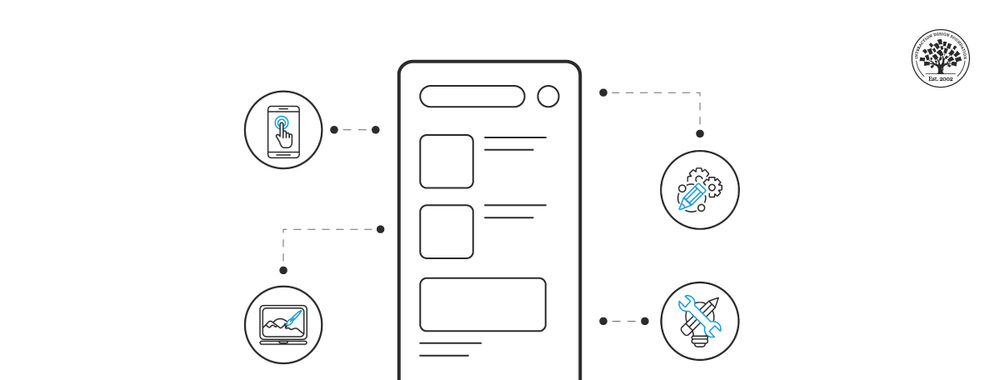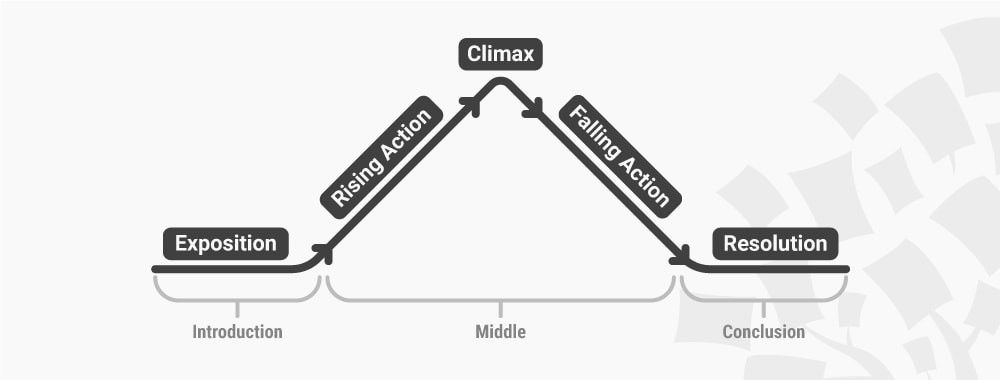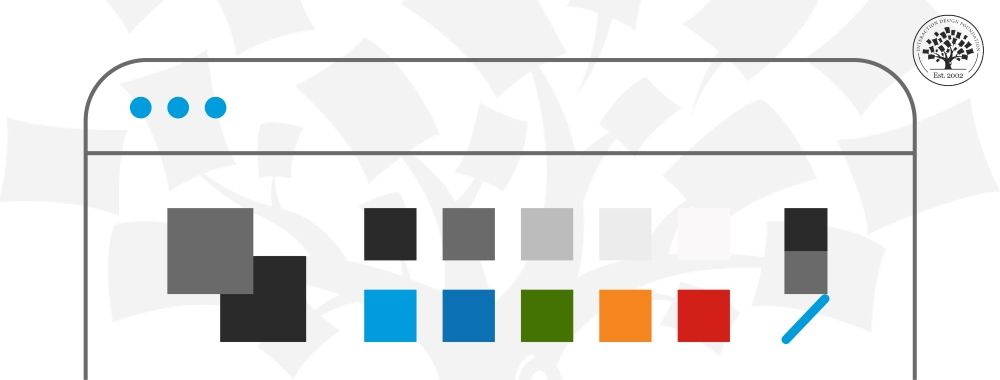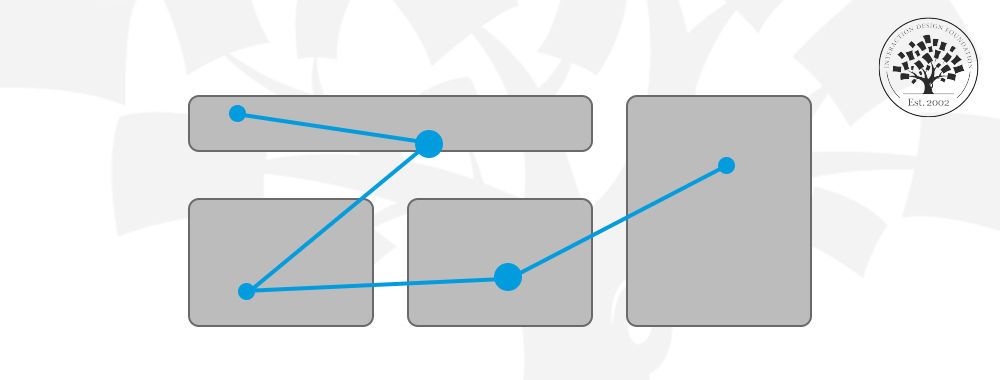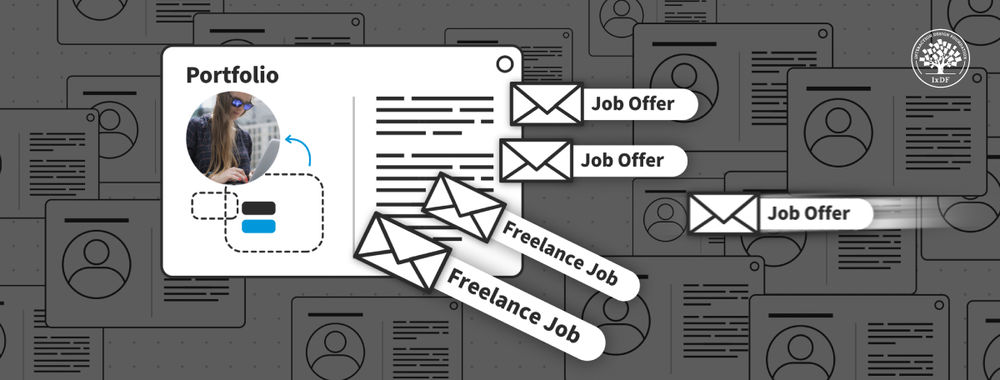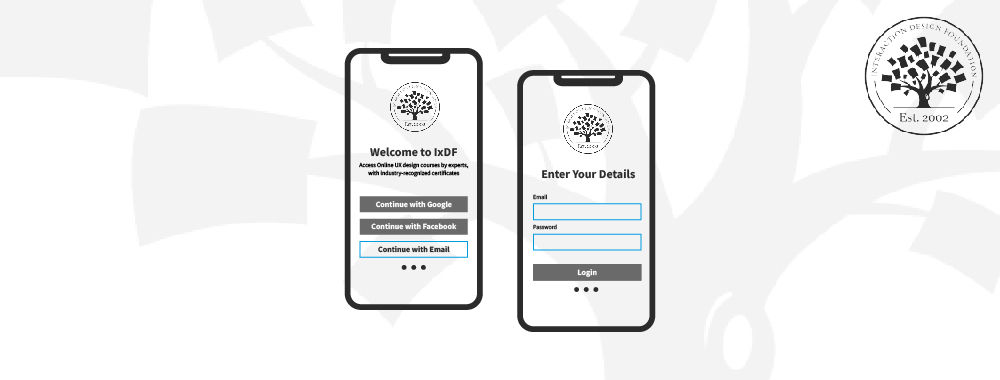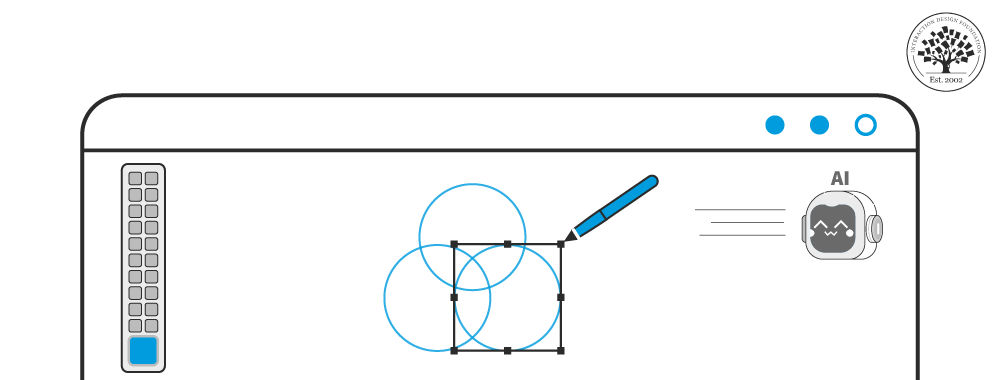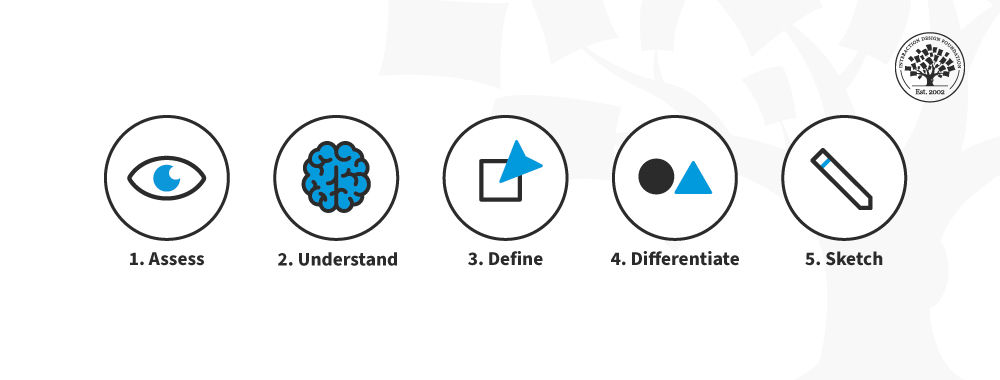We’ve all heard that maxim; “If you fail to plan, you are planning to fail.” It’s attributed to Benjamin Franklin who would never have heard of user research but it’s surely as true for user research as it was in his day.

Author/Copyright holder: Jason Rogers. Copyright terms and licence: CC BY 2.0
Most professionals that fail to plan; don’t do so because they’re lazy. They fail to plan because they think they understand something well enough to do it and they can use their experience to give a good indication of budgets, timescales, etc. They forget that planning offers benefits to the project and rely on their expertise to see things through. However, there are some serious benefits to planning that you should consider and then make time for planning. There are three groups that benefit from a plan and you made need to write your plan differently for each:
Project Sponsors, Senior Executives, Managers Outside of the Project
These people aren’t going to be too fussed about the inner workings of your plan. They have no idea whether a questionnaire-driven approach is better than an interview-drive one and to be fair, they probably don’t care very much either. They want to know; what you think you’re going to achieve with your research, how long it will take and how much it will cost (financially and in any other resources).

Author/Copyright holder: Dilbert.com. Copyright terms and licence: All rights reserved Img source
The plan for these folks can be very, very basic. In fact you could probably put it into a paragraph or two. You should keep things basic for this audience because they won’t have time to get involved with anything lengthy and too detailed.
Project Managers, Product Managers, Developers, etc.
This group of people wants something different. They want to know what your objectives are, what questions/techniques you will use to get the data you need, and how long it will take. They’re not normally concerned with costs or loftier business objectives. They want to know how you’ll get the information they need and what you’ll do with it. They need the timescales because their own workload will, to some extent at least, be dependent on your research outputs.

Author/Copyright holder: Patrick Q. Copyright terms and licence: CC BY-NC-ND 2.0
Occasionally, they will also want to inspect the definitions of “user” too. This normally occurs when a product is very much niche focused and they want to be certain your research lays within their niche.
The User Experience Team (You)
Planning’s biggest benefit is to the planner. When you write down what you will do; you’ll see any problems with your ideas (that’s when your experience really comes into play). It lets you communicate clearly what will happen, why it will happen and when it will happen – which makes it easier to manage the research without constantly having to justify it over and over again. Your plan should be signed off by all the key stakeholders; that doesn’t mean that it can’t change but it does mean that if something doesn’t work – you don’t carry all the responsibility for the failure because everyone else thought it was a good idea at the time too.
Header Image: Author/Copyright holder: Unknown. Copyright terms and licence: Unknown. Img Source


